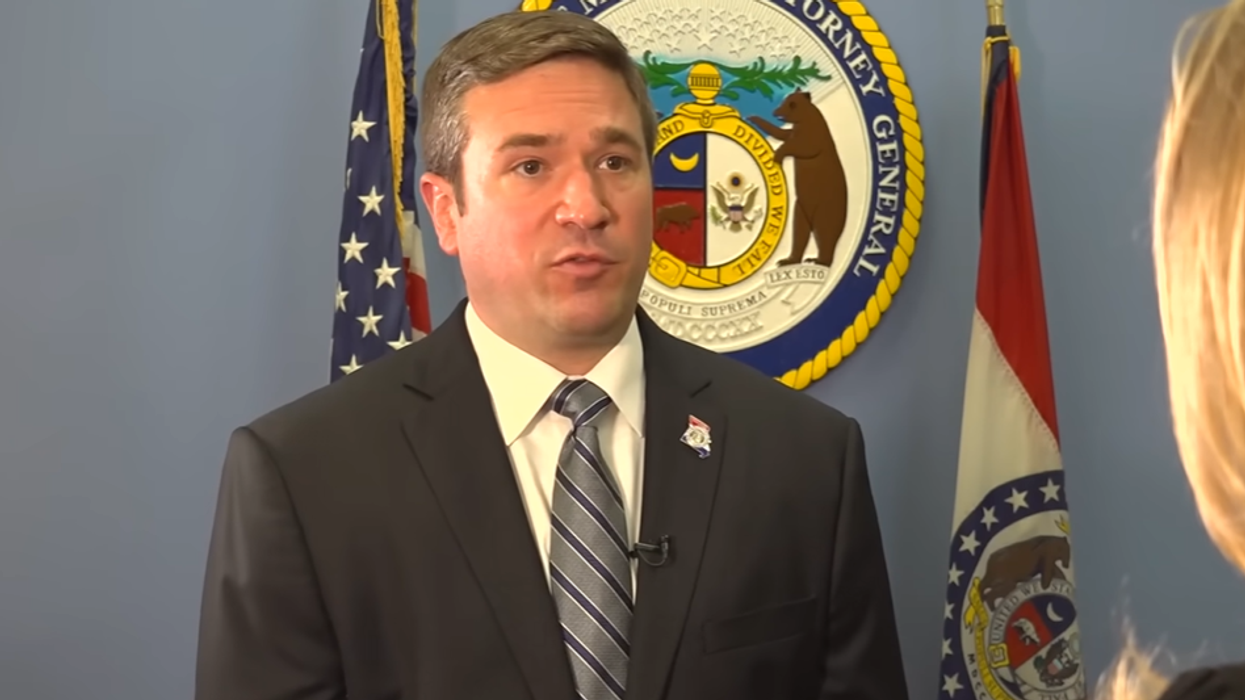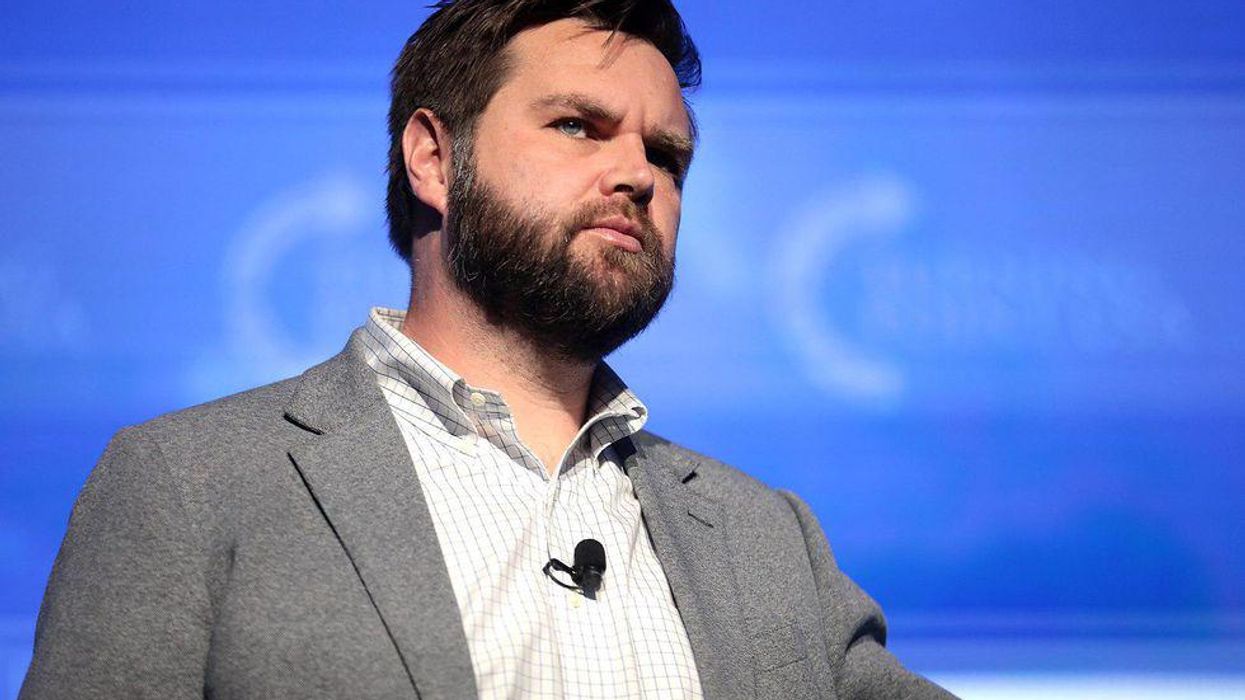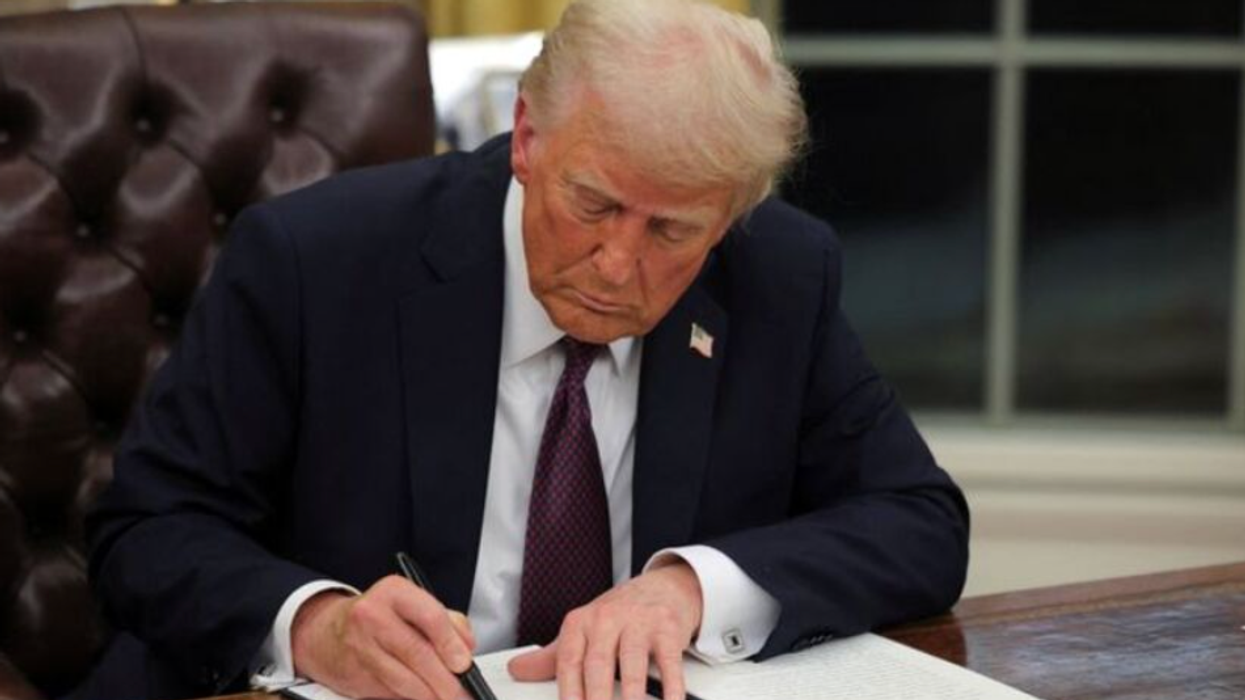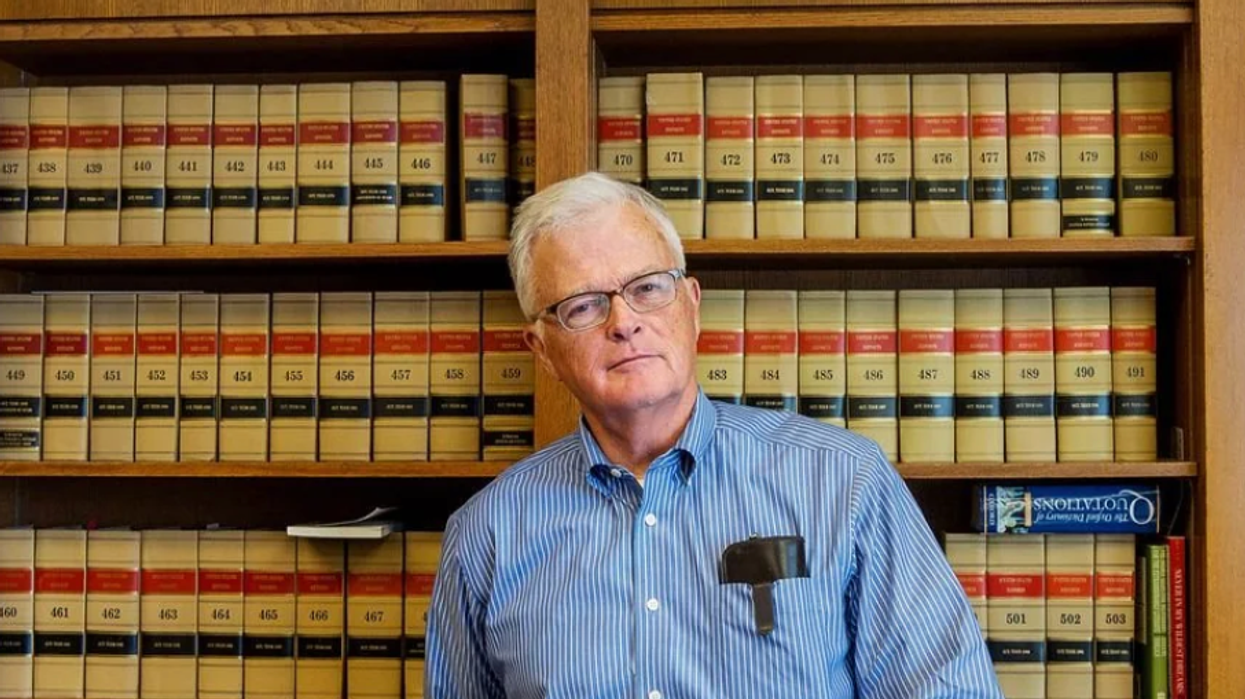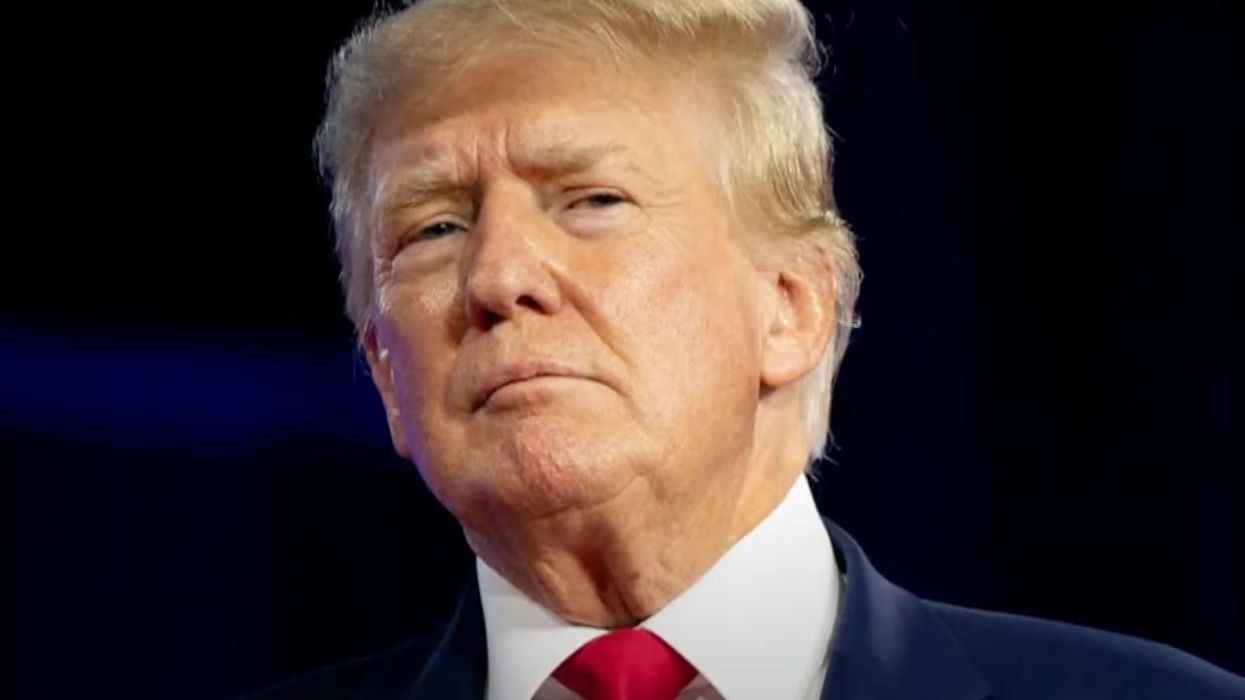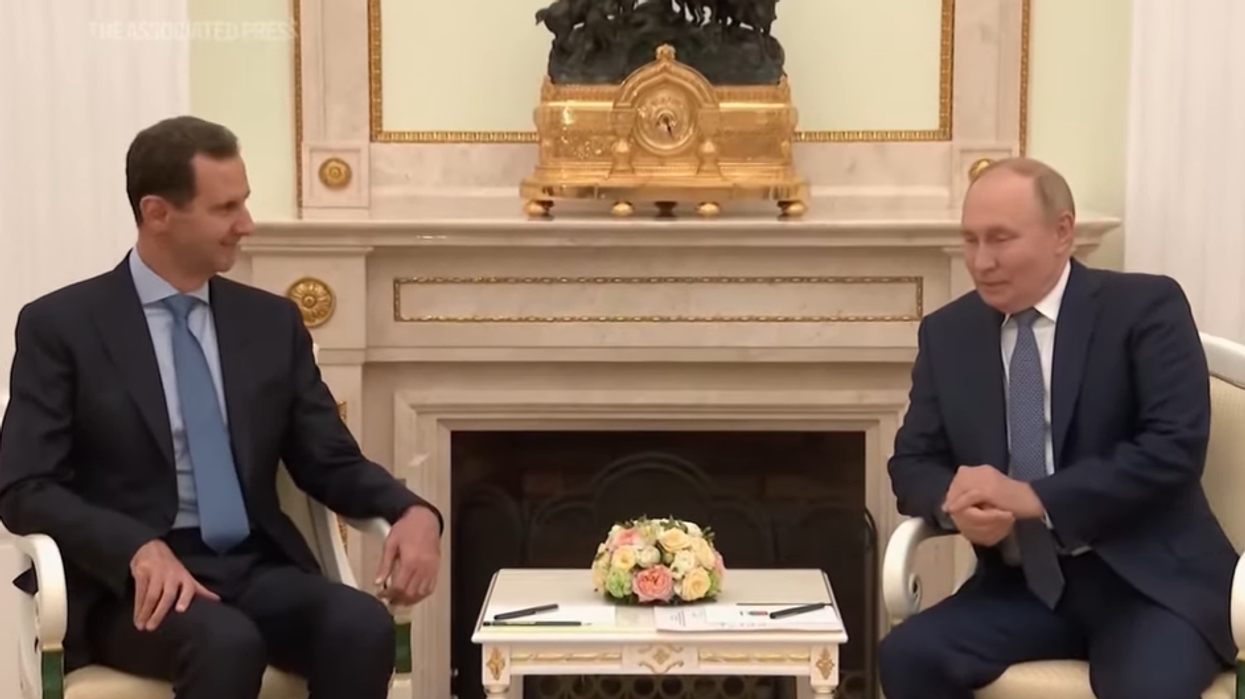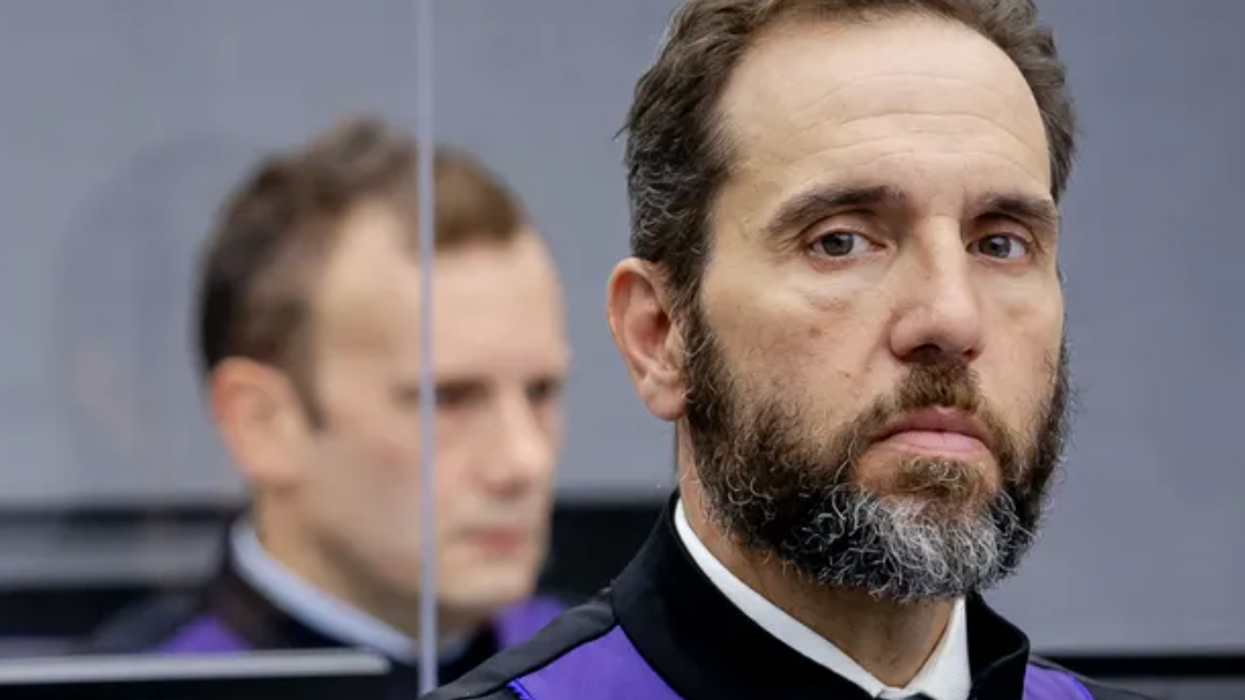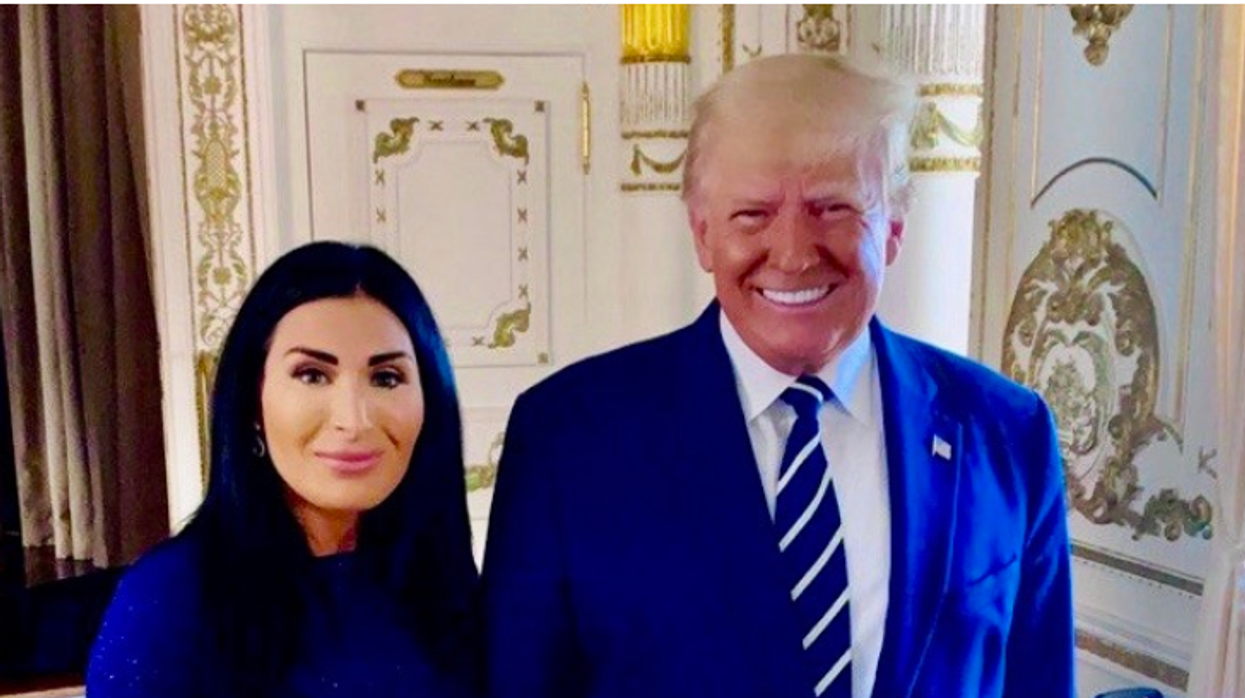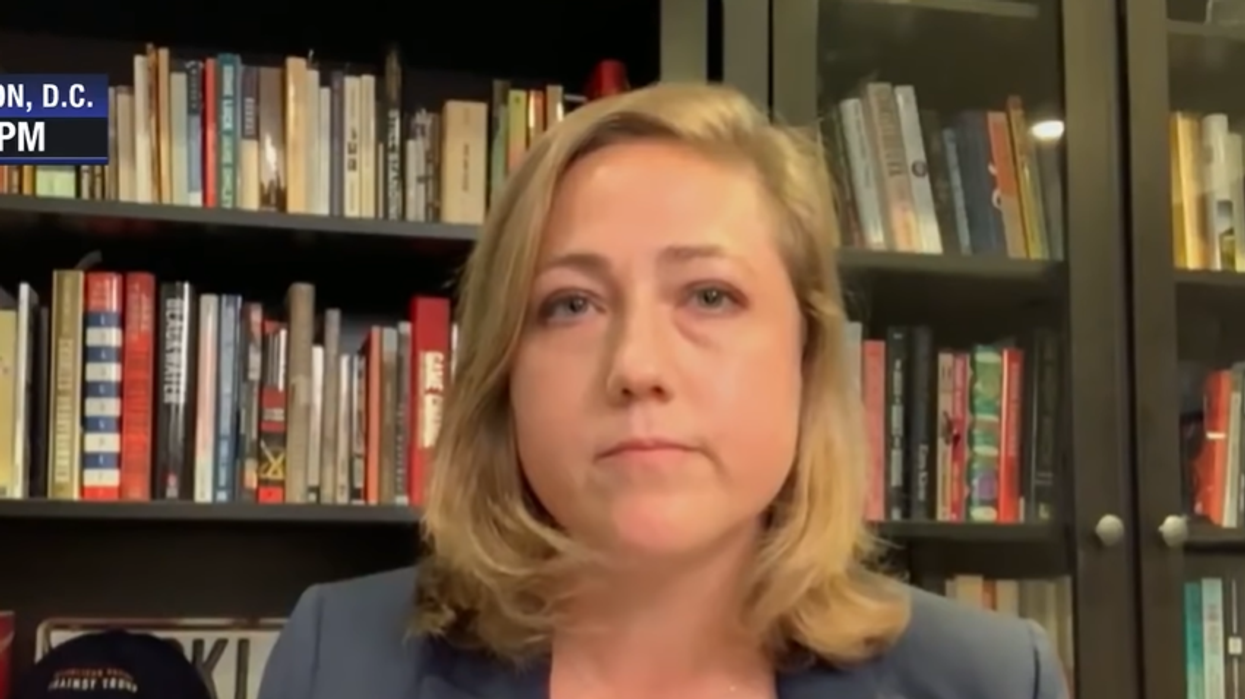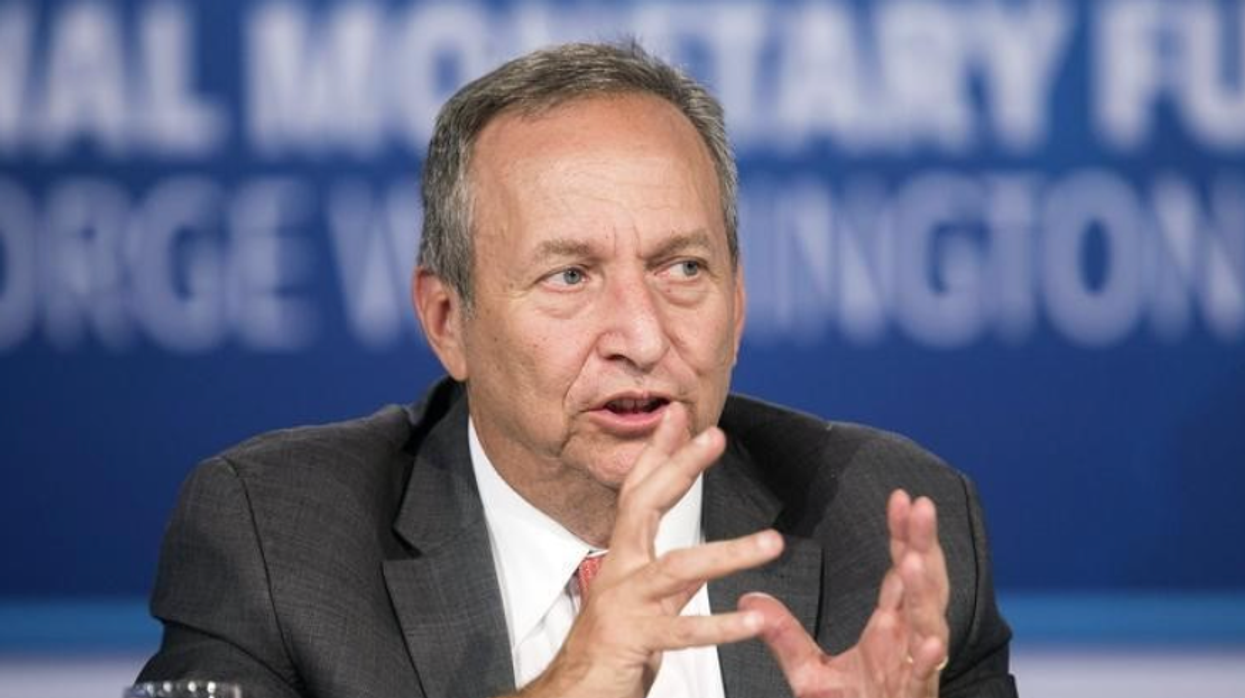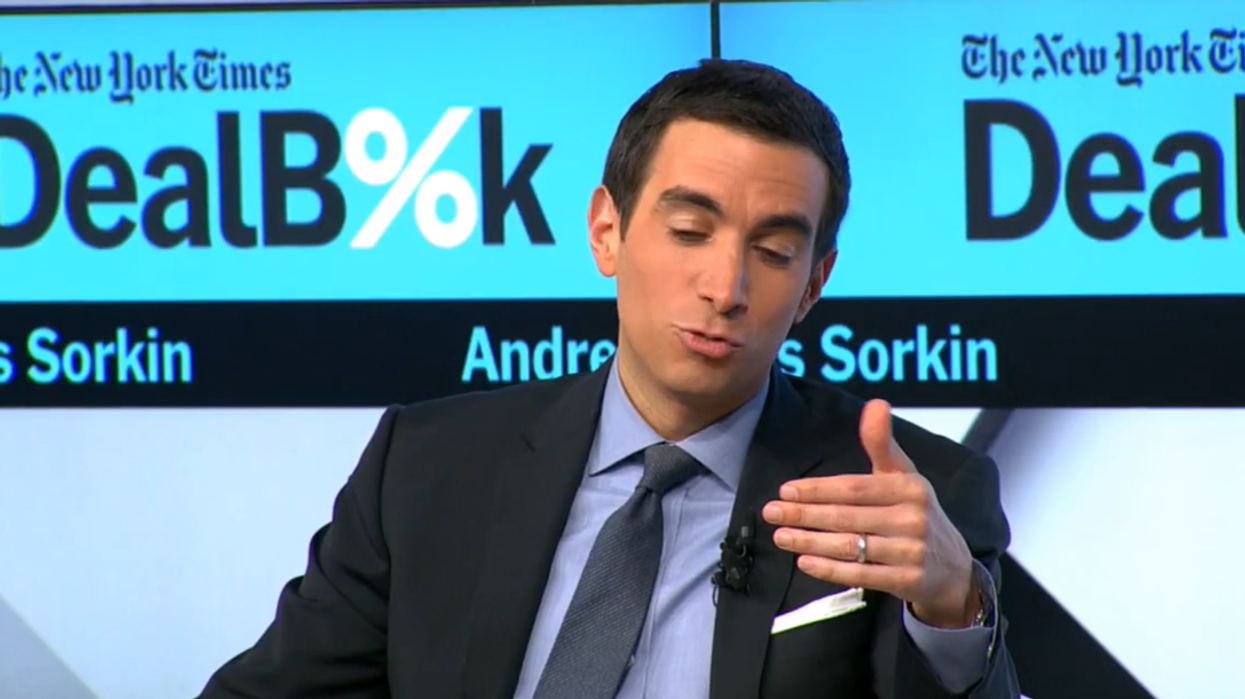'No No No No!" Treasury Secretary Roasted For Denying Inflation Under Trump
Treasury Secretary Scott Bessent on Sunday refused to admit inflation has gone up for Americans after NBC Meet The Press host Kristen Welker confronted him with the numbers.
"Inflation has gone up,” Welker said Sunday. “It's at three percent now up from two percent in April when the tariffs were imposed.”
“No, no no no,” Bessent replied. “So, inflation hasn't gone up. The one thing we're not gonna do is do what the Biden administration did and tell the American people they don't know how they feel. They are traumatized."
Bessent’s remark sparked outrage from observers who noted President Donald Trump’s administration is doing the same thing it accused its predecessor of doing — telling consumers not to believe their own pocketbooks.
As policy analyst Evaristus Odinikaeze posted on X, “the inflation went from 2 percent to 3 percent, literally and no amount of ‘no, no, no’ changes basic math.”
“Telling Americans inflation hasn’t risen right after tariffs pushed prices higher is the same gaslighting they accused others of,” Odinikaeze continued. “You don’t fight economic anxiety by denying lived reality. You solve it. But instead, Trump’s making it worse and lying about it.”
Bulwark Deputy Digital Director Evan Rosenfeld likewise argued, “Trump and Republicans have learned nothing from how badly Joe Biden and the Democrats bungled inflation.”
“Instead they’re repeating some of the same mistakes,” Rosenfeld wrote on X.
Bessent also drew condemnation after offering advice for Americans feeling the pain from Trump’s economic policies.
"You know the best way to bring your inflation rate down? Move from a blue state to a red state. Blue state inflation is half a percent higher,” Bessent told Welker.
“Scott Bessent cannot stop staying really stupid things,” journalist John Harwood said of Bessent’s suggestion.
TreasyReprinted witih permission from Alternet


